It was a privilege to be part of a group of CIOs representing Asia Pacific and being a speaker in a summit organized by CIO Academy Asia and Scottish Development International. Edinburgh is aspiring to be the Data Capital of Europe and it was amazing seeing the close collaboration between Government, Academia, Industry, and Startups to turn that vision into reality. Collaboration between these entities is indeed the right recipe for success. This article will summarize my views on Data, Machine learning, AI, and Robotics – inspired by leading academicians, government officials, and industry stalwarts.
In my view, “Data is the new oil” is a flawed and naive analogy. This summit gave me more ammunition to underscore my view. Around 60% of oil’s cost at the pump comes from the cost to extract oil and a large portion of the remainder is the cost of distribution. Data, on the other hand, is not hard to extract or to transport. The other issue with this analogy is that by calling it oil, we are incorrectly assuming that data has intrinsic value. This false notion leads to people trying very hard to amass large amounts of it and put it in data lakes, and in some cases hoarding it as well. Data in itself has no value unless insights are derived from it and then the value is created. The other challenge these days is people are worried about publicly proclaiming that they are monetizing the data. This fear stems from the trouble Facebook went through recently with the regulators. The final reason why this analogy is causing issues is that data needs constant validation and verification, unlike oil extraction that can be optimized.
The ConnectGov Summit provided several use cases where valuable insights were being created leveraging Data, AI, Machine Learning and Robotics solving real-world problems for consumers, businesses, and citizens.
The first use case was presented by Prof. Sethu Vijayakumar, Founder, Director, Edinburgh Centre of Robotics and Co-Programme Director, AI of Alan Turing Institute. He highlighted the challenges of full autonomy of Robotics including the noisy sensing with ambiguity, hard to model dynamics, and un-modeled user intentions. An interesting case study was presented on the humanoid developed jointly by Univ of Edinburgh and NASA called Valkyrie. This humanoid enabled planning of collision‐free statically‐balanced whole‐body configurations with automatic adaptation to terrain regions of arbitrary inclination. Significant progress has been made in leveraging machine learning for prosthetics and real-time kinematic decoding with amputees. Robots for extreme environments and healthcare/assisted living are being developed at the Alan Turing Institute. There are still some key outstanding questions in Shared Autonomy such as Moral/Ethical decisions, security, responsibility, transferring control and developing better learning systems.
The second use case was presented by Dr. Antonio Guilli, Technical Director, Office of CTO, Google where the offices of Central Social Institution of Prague, CZ had 400 workers operating the world’s largest vertical letter file covering over 4000 sq.ft with over 3000 drawers, 10 ft. long. This work is now being done by 20 with a minimum effort.
Quek Sin, Sr. Dir, National Digital Identity Program, Govtech Singapore highlighted how critical the role of the government in the data-driven digital economy. The government plays the role of a service provider (leadership/servantship in the transformation of public sector), market regulator (stewardship with right SPIRIT – security, privacy, innovation, resiliency, interoperability and trust), and economy enabler (industry partnerships to identify, develop and adopt digital utilities for the digital economy). It was interesting to see how Singapore is creating Strategic Digital Platforms such as Smart Nation Sensor Platform, Moments of Life, National Digital Identity (NDI) Platform and a National API Marketplace. The NDI provides a trusted digital eco-system where data and services transcend the boundaries of organizations. The National API Marketplace will provide an open, trusted, and consent driven data ecosystem between several partners including credit bureaus, transport, FI, Telco, Commercial, Utilities/Telco, and Education. These platforms along with a citizen-centric approach will provide coherent service delivery to the citizens. I found the Singapore government to be very progressive in their approach to digital transformation. The quote from the prime minister sums it up well – “We need to understand the risks of technology, be it cybersecurity, privacy, or online falsehoods; but we must not be anti-tech or anti-science, because that would hold back progress and be the end of us”.
Martyn Wallace, CDO for Scottish Government. discussed about how the Digital Office of Scottish Government is using the approach of Shape, Shift and Share to understand pain points from end-users and the business; joining up with other councils to create a cohort to concentrate on different areas, and then sharing between the councils to look at how Scotland can shift to the Digital and Data-driven economy. Several cases were presented in the areas of Digital Telecare to triage patients before going to the hospital, predicting when someone will fall and have an early intervention; intelligent lighting and smart bins that tell when they need maintenance; matching data from Social Work And Education to automatically send out vouchers to underprivileged families for School uniforms and enrolment into Free Meals.
The Bayes Centre in the University of Edinburgh is a world-leading innovation center for Data Science and AI. I found it interesting that there is a long-standing collaboration between Informatics and Edinburgh College of Art to focus on design with data, creating tangible products and intangible services and innovative value chains to transform the way we work, live, care for each other, and play. The Data Lab, funded by the Scottish funding council, has strong relationships with Scottish industry and public sector. It focuses on collaborative innovation, community building, and skills & training. A few interesting use cases where Orbital Microsystems focused on high-speed global weather data (15 mins global refresh) provide near real-time monitoring and forecast and a global data marketplace. The second use case was BBC’s multi-lingual media monitoring with fact-checking, sentiment extraction and translations. Satellite data have been combined with innovative analysis techniques to allow faster response times to forest degradation and environmental threats such as fires and illegal logging. Solutions for lower carbon emissions and health and safety improvements; Hyperloop team working on Autonomous cars; Sensors/Signal processing and Low-power Radio Frequency WAN IoT covering 7,700 sq.km were some of the other use cases. New areas of research include safe human-robot interactions, prosthetics & exoskeletons and real-time sensing and control for humanoids.
There were several valuable panels that discussed implications for leadership in a data-driven economy; government’s leadership in developing a vibrant and secure data economy, Role of modern-day CIO in data economy; digital risk; priorities for data-driven partnership economy; and our panel on leveling up capabilities for a real-time enterprise where I was joined by my esteemed colleagues from AIG (Bill Zhang), Spiritus (Silvia Colombo), UOB (Ratikant Sahu) and Nutanix (P.K. Lim). These panels provided insight into the people, process and technology aspects of a data-driven economy.
We were then invited to the Royal Bank of Scotland’s Innovation Center, where we discussed how the extensive use of technology amplifies the existing risks of inherent Bias in the outcomes, lack of transparency in algorithms, adversarial attacks tricking machine learning, poor data quality, ongoing model management, and “Winner takes all” tendency. We talked about how improved tools will democratize data science making it cheaper and easier to use. RBS discussed their progress in developing smart assistants, personal finance companion, and fighting financial crime. They have developed a new delivery methodology for advanced analytics taking it through the stages Discovery, Alpha, Beta, and Live, which provides for an experimental approach that is based on Agile and can flex & adapt to varied delivery contexts. The Scottish Fintech community presented their business models and how over 100 Fintech firms are collaborating with each other, the government and academics to develop new products and business models.
The final day was to discuss interesting use cases and go deeper into Data Science and AI. Craig Peterson from the Data Lab discussed how a data science maturity matrix can be used to assess the team in their business, technical and analytical capabilities. A Data Maturity Matrix can be used to look at the various dimensions of people, process, culture, strategy, technology, and data to see where the organization currently is and aspires to be. An interesting case study on Albyn housing was presented which is designed to make residents live independently for longer. With the rise in the aging population, this could be leveraged in other countries as well. Learned decision making predicts increased risk of falls for residents of 16 assisted living houses being built in Scotland; low-cost, ambient sensors in assisted living environments to provide a Smart House solution for monitoring the health trends of residents; health workers use the insights to support an increasingly aging population of people that live longer. Ravi Singh from Air Vistara presented the platform architecture, code snippets and parameters behind a CRM like system extracting from tweets, cleansing and modeling leveraging machine learning and deep learning. This helped the airline getting near real-time sentiment analysis is to provide rapid response and better customer service.
The ConnectGov Leaders Summit wrapped up with presentations from several successful Scottish companies on how data analytics was leveraged to solve real-world problems and drive revenue.
Festivals Edinburgh shared how they used Open API and leveraged developers to transform festival-goers experiences and engagement, and the festival’s planning and organizing. The Edinburgh Festival Fringe is the world’s largest arts festival, which in 2018 spanned 25 days and featured more than 55,000 performances of 3,548 different shows in 317 venues. The direct economic impact for Scotland is over 312 million pounds.
IceRobotics is an interesting use case that leveraged wearables on cows to improve productivity and health of cows, leading to several new use-cases that have come up since then. Many animal conditions manifest first as a behavioral change; measuring and understanding these changes allows earlier detection; Early detection allows earlier and more natural interventions. The sensor records 4 times/second and the data is stored and analyzed in the cloud. It checks lying time, standing time and step count. Lying time could be an early predictor of health problems such as lameness. The sensors combined with thermal imaging cameras can predict the probability of cows becoming lame and other health issues. The battery on the wearables lasts over 7 years making it very practical and low-maintenance.
The Three Stills Company Ltd is transforming the Scotch industry by leveraging BlockChain to bring quality, efficiency, and transparency to the distilleries and distribution, and ultimately to the consumers. This additional transparency is expected to attract a premium from consumers who will be willing to pay to know the source and the process of their drink. Blockchain controls processes, provenance and communication platform.
Professor Harald Haas, Co-Founder of pureLiFi Ltd’s presented on the future of communication leveraging light. Light has been serving us with communication through fiber optics, but pureLiFi Ltd is bringing the speed of light to an open environment, augmenting the current array of communication options and the future of 5G.
In conclusion, this summit validated that the insights and value are created by leveraging data to solve real-world problems. It also showed how close collaboration between Government, Academia, Industry and the Startup community can drive a country to leverage data analytics and make the life of its citizens better while transforming the experiences of consumers and businesses.
The most important outcome of the summit was making new friends in Europe and Asia and discussing the challenges that all enterprise face in the new age of digital disruption and the data economy.
Article originally written by Ramesh Munamarty on LinkedIn
https://www.linkedin.com/pulse/navigating-data-economy-why-new-oil-ramesh-munamarty/
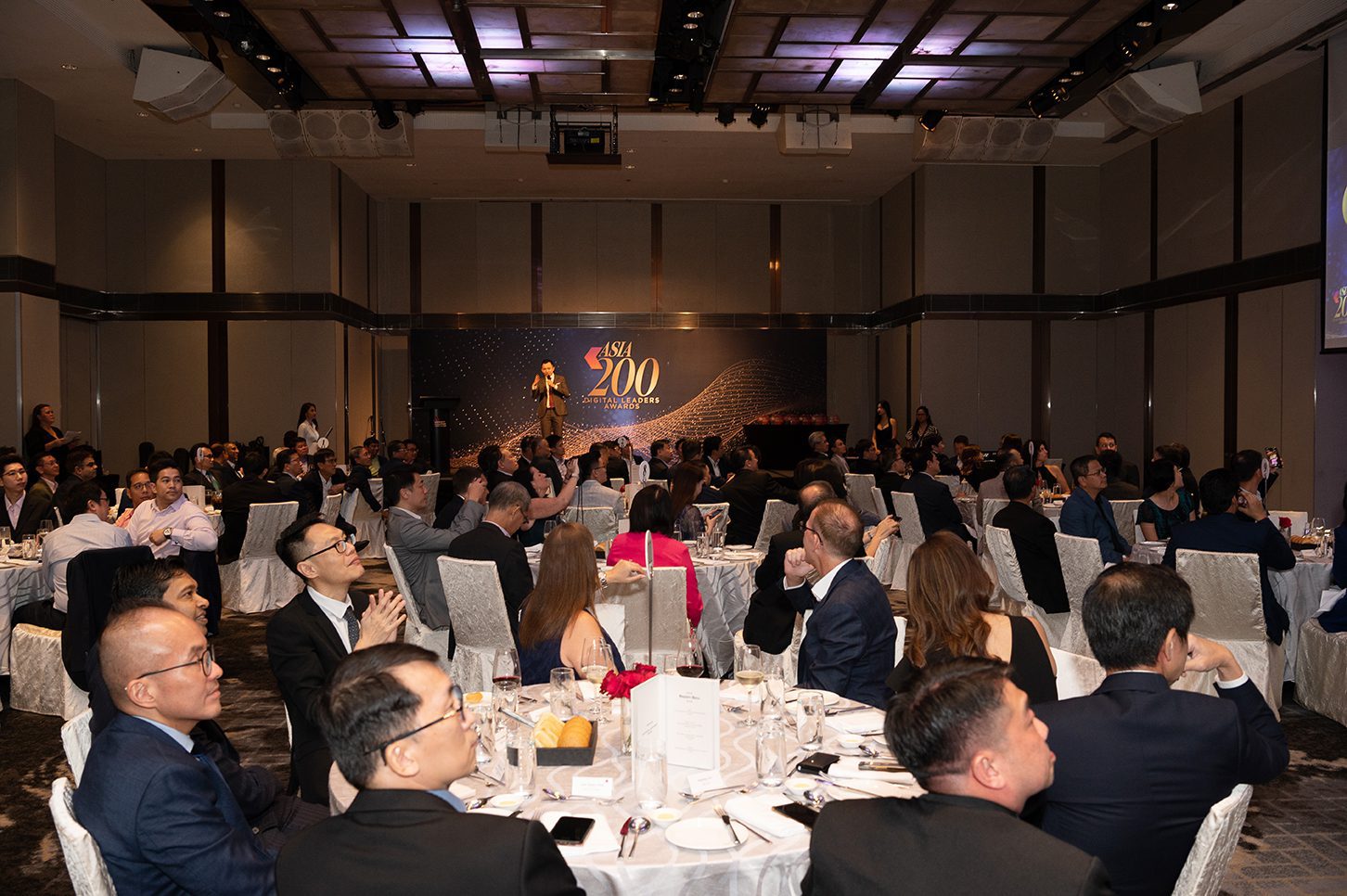


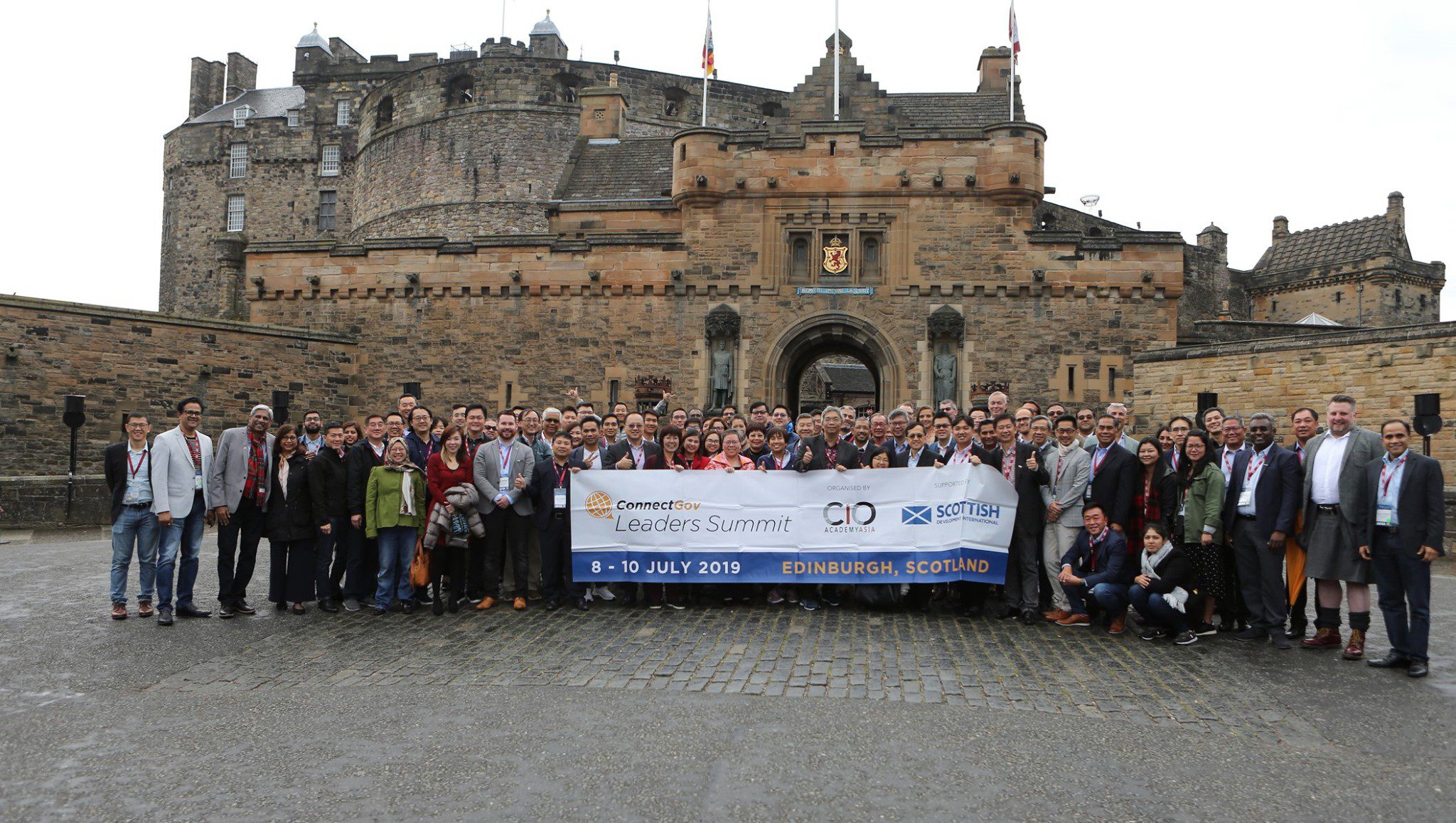
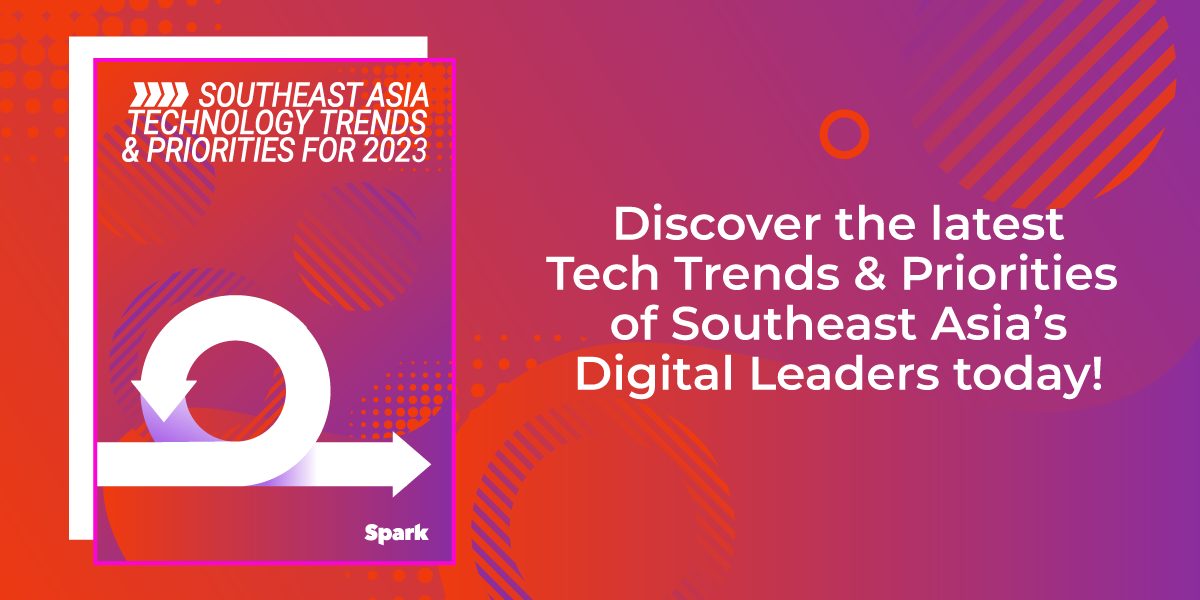
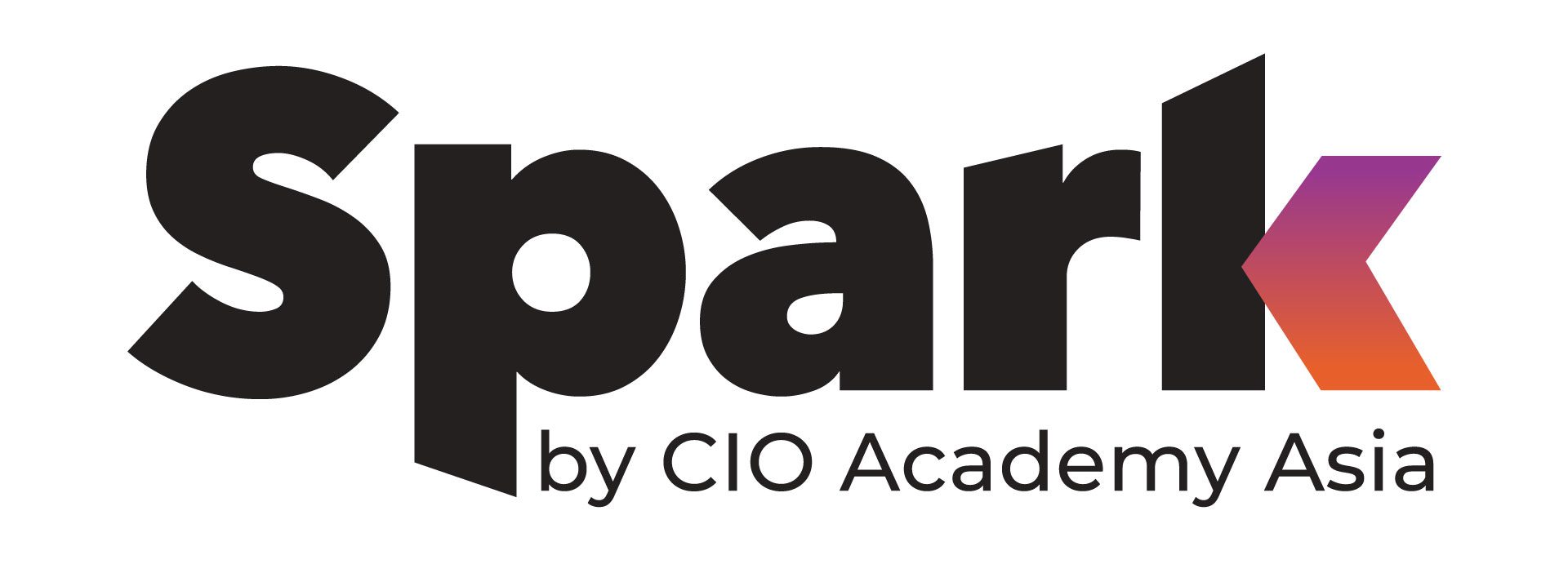



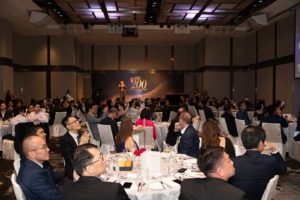
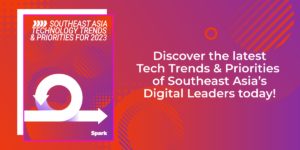
Responses